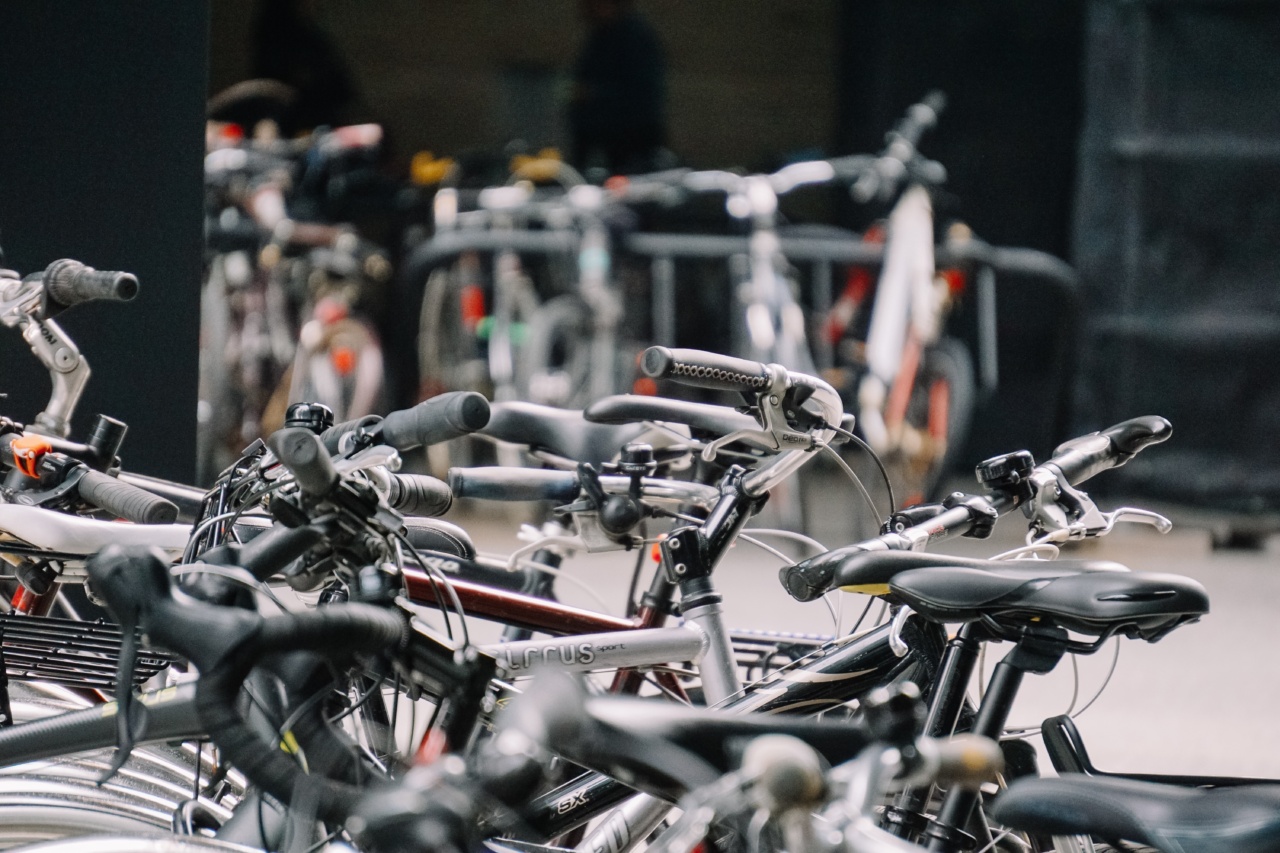Traveling is an exciting experience that many people look forward to.
Whether you’re exploring a new city, relaxing on a beach, or embarking on an adventurous journey, traveling allows you to escape from your everyday routine and embrace new sights, tastes, and experiences. However, for some people, traveling can also disrupt their regular bowel movements and lead to constipation.
Understanding Constipation
Constipation is a common condition characterized by difficulty and infrequency in passing stools. It can be caused by several factors such as diet, lifestyle, and medical conditions.
Changes in routine, including traveling, can also trigger constipation in some individuals.
The Impact of Traveling on Digestion
Traveling often involves long periods of sitting, changes in eating habits, and alterations in sleep patterns. All of these factors can contribute to constipation.
Let’s explore the common triggers and effective solutions for constipation while traveling.
1. Disruption in Routine
One of the main triggers for constipation while traveling is a disruption in your regular routine. Your body is accustomed to specific meal times, bathroom routines, and sleep patterns.
When you travel, these routines often get thrown off balance, leading to irregular bowel movements.
Solution:
To mitigate the impact of a disrupted routine on your digestion, try to establish a new routine that can accommodate your travel schedule. Stick to regular meal times as much as possible, even if the food options are different.
Make time for bathroom breaks, even if you don’t feel the urge, as it can help stimulate bowel movements. Prioritize getting enough sleep to maintain your body’s natural rhythm.
2. Changes in Diet
When you travel, you may be exposed to different types of cuisines and foods that your body isn’t used to. Additionally, you might be tempted to indulge in rich, fatty, or processed foods that can contribute to constipation.
Solution:
Try to maintain a balanced diet even while traveling. Incorporate fruits, vegetables, and whole grains into your meals to ensure an adequate intake of fiber. Fiber is crucial for maintaining regular bowel movements and preventing constipation.
Stay hydrated by drinking plenty of water throughout the day, as dehydration can worsen constipation.
3. Lack of Physical Activity
Traveling often involves extended periods of sitting, whether it’s during a plane or car journey or even relaxing on a beach. Lack of physical activity can slow down digestion and lead to constipation.
Solution:
Even while traveling, find ways to incorporate physical activity into your day. Take short walks, stretch your muscles, or engage in simple exercises like squats or lunges.
If you’re on a long flight, make sure to get up and move around the cabin whenever possible.
4. Water Intake
Dehydration is a common problem while traveling, especially if you’re visiting hot or tropical destinations. Insufficient water intake can contribute to constipation as it makes the stools harder and more difficult to pass.
Solution:
Make it a habit to carry a water bottle with you and drink water regularly throughout the day. Aim to consume at least eight glasses of water to stay adequately hydrated.
Limit your intake of caffeinated and alcoholic beverages as they can worsen dehydration.
5. Stress and Anxiety
Traveling can sometimes be stressful, especially if you’re unfamiliar with the destination or have a busy itinerary. Stress and anxiety can affect your digestive system and lead to constipation.
Solution:
Practice stress management techniques such as deep breathing exercises, meditation, or yoga. Take breaks during your journey to relax and enjoy the surroundings. Plan your itinerary wisely, allowing for downtime and moments of relaxation.
6. Overuse of Laxatives
Some people resort to over-the-counter laxatives when they experience constipation during their travels. While laxatives can provide short-term relief, excessive use can lead to dependency and further aggravate the problem.
Solution:
It’s important to avoid relying too heavily on laxatives. Instead, focus on incorporating lifestyle changes, such as diet and exercise modifications, to regulate your bowel movements.
If constipation persists or becomes severe, consult a healthcare professional for appropriate advice.
7. Traveler’s Diarrhea and Constipation
In some cases, travelers may experience bouts of diarrhea followed by constipation, which can be caused by changes in diet, water quality, and exposure to new bacteria.
Solution:
If you experience both diarrhea and constipation while traveling, it’s crucial to stay hydrated and avoid foods that may exacerbate your symptoms. Stick to a bland diet consisting of easily digestible foods like rice, bananas, and toast.
If the symptoms persist, seek medical attention.
8. Medication Side Effects
If you’re taking regular medication, changes in the time zone or schedule can affect their absorption and contribute to constipation.
Solution:
Consult your healthcare provider or pharmacist for guidance on adjusting your medication schedule while traveling. They can provide advice specific to your medications and help prevent any disruptions in bowel movements.
9. Jet Lag
Jet lag can disrupt your body’s natural circadian rhythm, affecting digestion and leading to constipation or irregular bowel movements.
Solution:
To alleviate the effects of jet lag on your digestive system, try to transition to the local time zone as soon as possible. Eat meals according to the local schedule, expose yourself to natural sunlight, and stay hydrated.
10. Seek Medical Advice
If constipation becomes persistent and affects your overall well-being, it’s important to seek medical advice. A healthcare professional can assess your symptoms, identify any underlying conditions, and recommend appropriate treatment.
Conclusion
Traveling should be enjoyed to the fullest, without the discomfort of constipation. By understanding the common triggers and implementing simple solutions, you can ensure a smoother and more enjoyable travel experience.
Remember to prioritize a balanced diet, stay hydrated, incorporate physical activity, manage stress, and maintain a routine even while on the go. By taking care of your digestive system, you’ll be able to make the most of your travel adventures.































